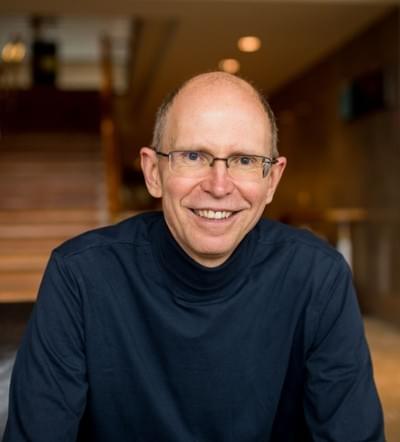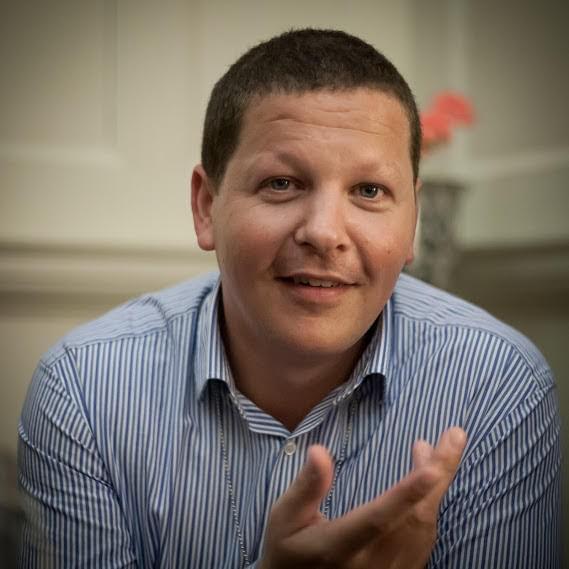
- …
- …
The ergodic investor
Introduction for family officies, especially next gen, to ergodic investing. It outperforms portfolio investing, especially in times of uncertainty and risk. The ergodic strategy is old, well-proven proven, and intuitively right; but we've lost sight of it. To rise to today's challenges: delivering the triad of impact, capital preservation, and growth; we need to bring to all the foundation for the success of the Hanseatic merchants, the Universa hedge fund, Japanese Keiretsu; and 3.7B years of life on earth. Because ergodic investing is working with irreducible uncertainty, rather than trying to wish it away.
You can do a better job having a positive impact and protecting and growing your capital.
Proof that ergodic investing outperforms:
compare in the video here the performance over ten years of 4 different conventionally invested portfolios vs. the same companies invested in following a maximally ergodic strategy. Watch minutes 10:28 to 15 of the discussion between Graham and Robert Rubinstein of TBLI for the comparison.
Or watch from the start for the story of why this works better!
y. nnn
It's time for all FO, VCs, LPs, and their professional managers to use the recently named and statistically understood, but historically dominant, ergodic investment strategy. Otherwise we're going to continue to waste money and lose valuable time in trying to close the triad of impact, preservation, and growth of capital. The Universa hedge fund (Spitznagel and Taleb), the Mondragon group, Japanese Keiretsu and Korean Chaebol, and all long-lasting old cultures used this strategy; ergodic investing is the future.

With over 100 years of experience between us in Evolutesix across the fields of investing, economics, complexity, and innovation; and planning software showing how much better ergodic investing is, especially if you have an impact or regenerative intent!
Dashed lines: conventional portfolio investing.
Solid lines: ergodic investing, same company parameters.
Ergodic thinking shines a light on the path to a prosperous future by aligning our finance with the complexity of how all living systems actually work: in dynamic balance, collaboratively.
John Fullerton, Capital Institute
A breakthrough strategy of investing based on a key element of anti-fragility. The take-aways are significant and possibly solve the scaling issue that perplexes the regenerative community. The method takes cues from nature and is proven with mathematics.
Lyn McDonell President, The Accountability Group, Inc.
Stop suffering inefficient and hidden capital losses.
Antonio Potenza; FRSA, MBA Oxford, CISL Cambridge, Founder of Proodos Capital and Fund4Impact, Serial Entrepreneur
Secure your place on our next open programme
(Or contact us for a custom programme)


The ergodic investor
1.499,00 € - 2.499,00 €
Only 4 places on the 5 module course, one module on each of 7, 14, 28 November and 5, 12 December 2024 at 17:00 - 19:00 Brussels time.
Contact us if you prefer to pay by invoice.View more details...SelectQuantityComing soonMeet the trainers

Graham Boyd (Founder Evolutesix)
Graham is the founder of Evolutesix, a venture studio and investor specialised in building ecosystems of future-fit businesses according to Evolutesix's ergodic investment strategy.
Author of The Ergodic Investor and Entrepreneur and Rebuild: the Economy, Leadership, and You, leading guide books for investors and entrepreneurs to create successful businesses for the future.
With a PhD in physics, he is at his best creating new opportunities for success in volatile, uncertain times. His speciality, according to his colleagues, has always been breakthrough innovation because he sees far round corners others cannot yet see.

Greg Fisher
Greg has a strong background in economics and asset management, which he recently supplemented by finishing a PhD in the advanced field of Complexity Science. His aim now is to leverage this understanding, and his skills in computational modelling, to help improve practice in banking and asset management.
Greg is an asset management and complexity science expert with a distinguished background, including a PhD in complexity economics, CFA, staff at the Bank of England, Chief Strategist at a macro hedge fund, and Cambridge University graduate.
His speciality, complexity science, is a new way of thinking that is relevant to investment management and banking.
Who this is for, what do you get, FAQs
Who else is already using ergodic strategies?
Why is it so little known and used by investors?
Flip the 95% of VC funds underperforming for LPs
Align FO principals and their professional asset managers
Does this help me use the strength of VC meaningfully, e.g. climate change?
Does this resolve the 'either profit or impact' tradeoff?
Is this relevant for regenerative investing?
The future will not be more of the past.
How this enables you to deliver bigger impact and systemic impact.
How does this address equity and the historically overlooked / excluded?
Wishing you could invest in game-changing ideas?
Looking for a way of eliminating the waste in investing?
Is this relevant to pension fund managers?
What is the difference between uncertainty and risk?
What does this have to do with Russian Roulette?
© 2023



